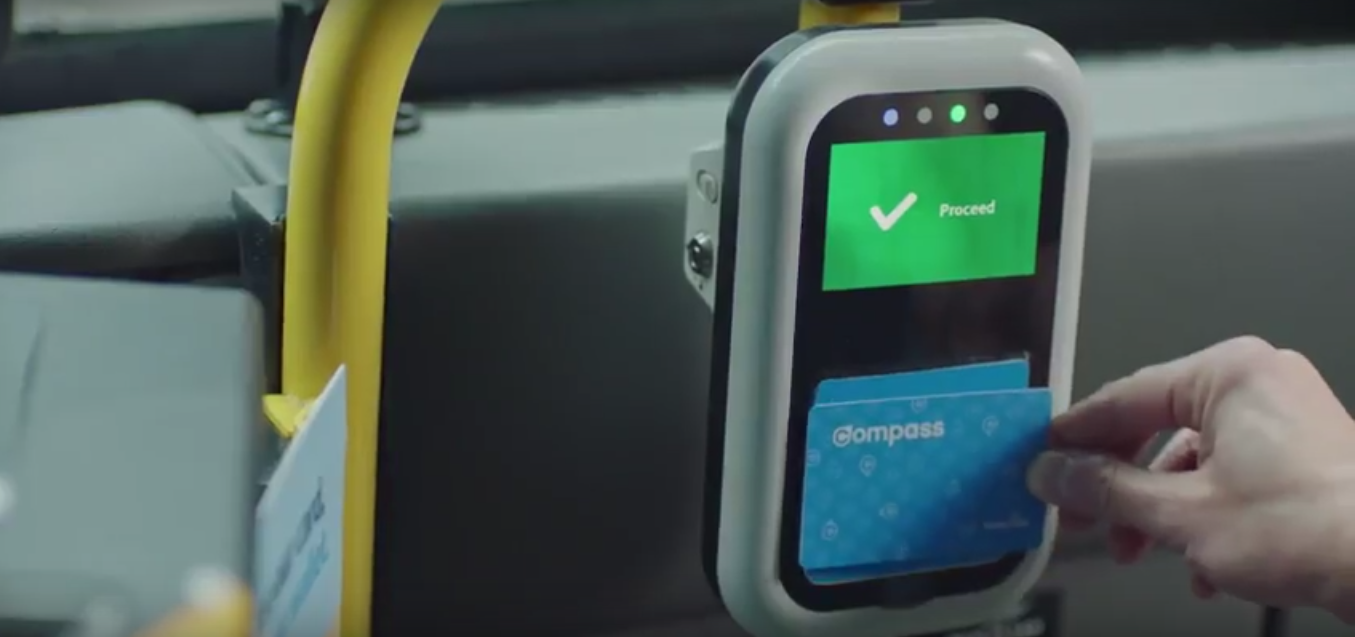Vancouver’s transport agency TransLink keeps innovating in ticketing options. After deploying the Compass Card fare system two years ago and introducing a Tap-to-Pay system earlier this year, TransLink is testing wristbands an alternative form of paying. “We are always looking for new ways to improve customer experience” they state.
Wristbands would work as the current Compass Card. Customers would tap them in and out at metro fare gates and at card readers in buses. There has been a mixed reaction on social media. Supporters believe it is a more convenient method since there is no need to pull out the cards. Moreover, it can be very useful for disabled people, who might have difficulties using Compass Cards. Opponents claim they would never wear the wristbands on a regular basis.
For the moment, the trial group is staff-only. TransLink expects to release more information on the new wristbands over the coming months.
TransLink’s ticketing innovation path
TransLink went from an honour based to a fare gate system with the objective of reducing fare evasion. In early 2016, the transport agency introduced its Compass Card System. After one year of implementation, the contactless smart card payment system represented 95% of transactions.
This May 2018, TransLink deployed a Tap-to-Pay system. It allows riders to tap their Visa, Mastercard or mobile wallet at the fare gates or on buses rather than loading a Compass Card. This also enables tourists and other infrequent travellers to pay without having to use cash.
Wristbands are not the only wearable payment technology
Vancouver is not the only major city testing wearable technology as a payment option. Metro in Los Angeles Country has been testing a prototype TAP card wristband since last year. Brazil trialled bands during the 2016 Summer Olympics and in London some commuters have replaced their Oyster cards for the bPay band from Barclaycard.
In Asia, Hong Kong’s MTR Octopus Card sells Octopus watches, mobile phone covers and key chains that function like the card. In Singapore, LTA is testing new hands-free ticketing technology to make it easier for people with disabilities to enter and exit stations. Participants can just walk through carrying a radio frequency identification (RFID)-enabled card. Sensors installed on both sides of the fare gates read these cards, even if they are kept in bags or pockets.



